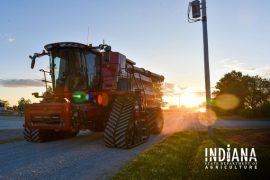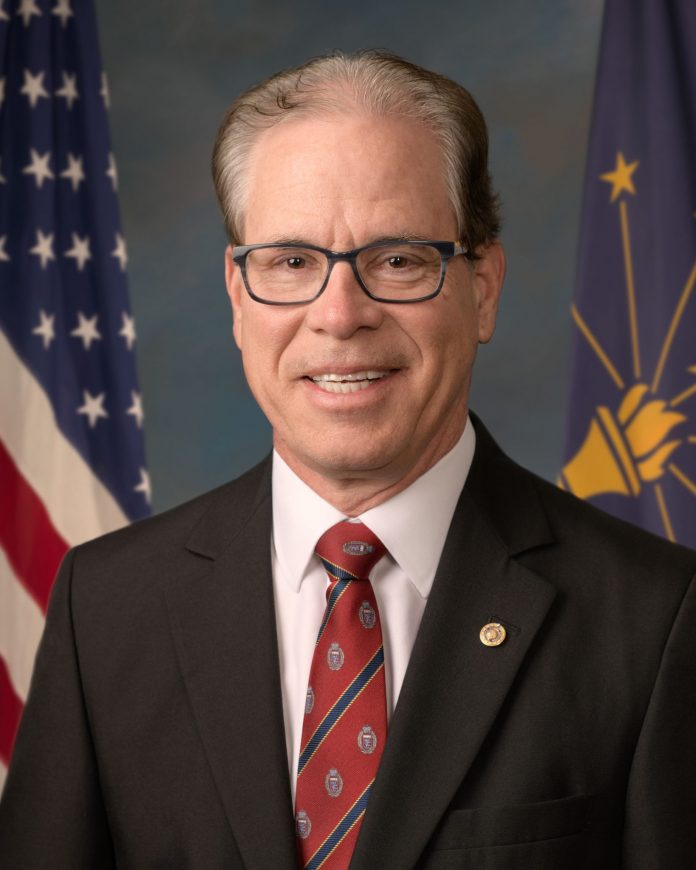Urban Wealth Funds: A New Approach to City Financing
Definition of Urban Wealth Funds
BY JOE WALLACE
SEPTEMBER 15, 2024
Urban Wealth Funds (UWFs) are city-owned investment vehicles designed to manage and maximize the value of municipal assets, such as real estate, infrastructure, and public services. These funds aim to generate revenue that can be reinvested into the city to support economic growth, infrastructure development, and public services, thereby reducing the need for debt financing or reliance on tax revenues. By strategically managing underutilized or surplus assets, cities can leverage their wealth in ways that align with long-term urban planning goals.
Examples of Cities with Urban Wealth Funds
Several cities around the world have established Urban Wealth Funds, each with varying degrees of success:
-
Copenhagen, Denmark
- Success Story: Copenhagen is often cited as a leading example of UWF success. In the 1990s, the city established the Copenhagen City & Port Development Corporation to manage its extensive waterfront properties. The fund transformed the previously industrial waterfront into vibrant mixed-use districts, generating significant revenue through property sales and leases. Profits were reinvested into the city’s infrastructure, including the development of the city’s metro system. This self-financing model allowed Copenhagen to upgrade its urban infrastructure without burdening taxpayers.
-
Hong Kong, China
- Success Story: The Hong Kong Mass Transit Railway Corporation (MTR) operates as a UWF by using land and real estate to fund public transportation. MTR generates revenue not just from ticket sales but also through property development above and around transit stations. This model has proven highly successful, making the MTR one of the few profitable public transit systems in the world while contributing to the city’s real estate market and urban development.
-
Stockholm, Sweden
- Mixed Outcomes: Stockholm has utilized an Urban Wealth Fund to manage its publicly owned properties, which include significant land holdings and real estate assets. While the fund has been instrumental in managing the city’s resources efficiently, critics argue that the aggressive privatization of public land has driven up housing costs, limiting access to affordable housing for residents. This highlights the challenge of balancing public good with profit motives.
-
Hamburg, Germany
- Success Story: Hamburg’s HafenCity project is another prominent example of a UWF in action. The city established HafenCity Hamburg GmbH, a fund responsible for redeveloping the old harbor area. The project is largely self-financing, with revenue generated from land sales being reinvested into infrastructure, public spaces, and housing projects. HafenCity has transformed the city’s landscape, enhancing its appeal as a residential and business hub.
-
Chicago, USA
- Failure Example: Chicago’s experience with its UWF stands as a cautionary tale. In the early 2000s, the city attempted to leverage its assets, such as parking meters, through long-term leases to private entities. While this brought in immediate cash flow, the long-term consequences were problematic. The city lost significant future revenue streams and control over pricing, leading to higher costs for residents and widespread public discontent. Chicago’s example underscores the importance of strategic planning and the potential pitfalls of privatization without careful oversight.
Successes and Failures of Urban Wealth Funds
The successes of Urban Wealth Funds largely depend on transparent governance, strategic asset management, and alignment with public interest. In cities like Copenhagen and Hamburg, UWFs have enabled urban transformation and development without significant public debt, showcasing the potential of these funds when managed well. The ability to turn underutilized land into vibrant communities with sustainable financing is a powerful tool for urban planners.
However, the failures, such as those seen in Chicago, illustrate the risks involved. Poorly structured deals, lack of public oversight, and prioritizing short-term gains over long-term value can undermine the potential benefits. Cities must carefully balance the drive for profitability with the need to maintain public access and affordability.
Conclusion
Urban Wealth Funds represent a promising approach to city financing and urban development. By leveraging municipal assets in strategic ways, these funds can provide cities with a sustainable revenue source, reducing dependence on taxes and borrowing. However, the success of a UWF hinges on robust management, clear public benefit objectives, and safeguards against mismanagement. Cities considering this approach must learn from both the successes and failures of others to navigate the complexities of turning public wealth into lasting urban prosperity.





















